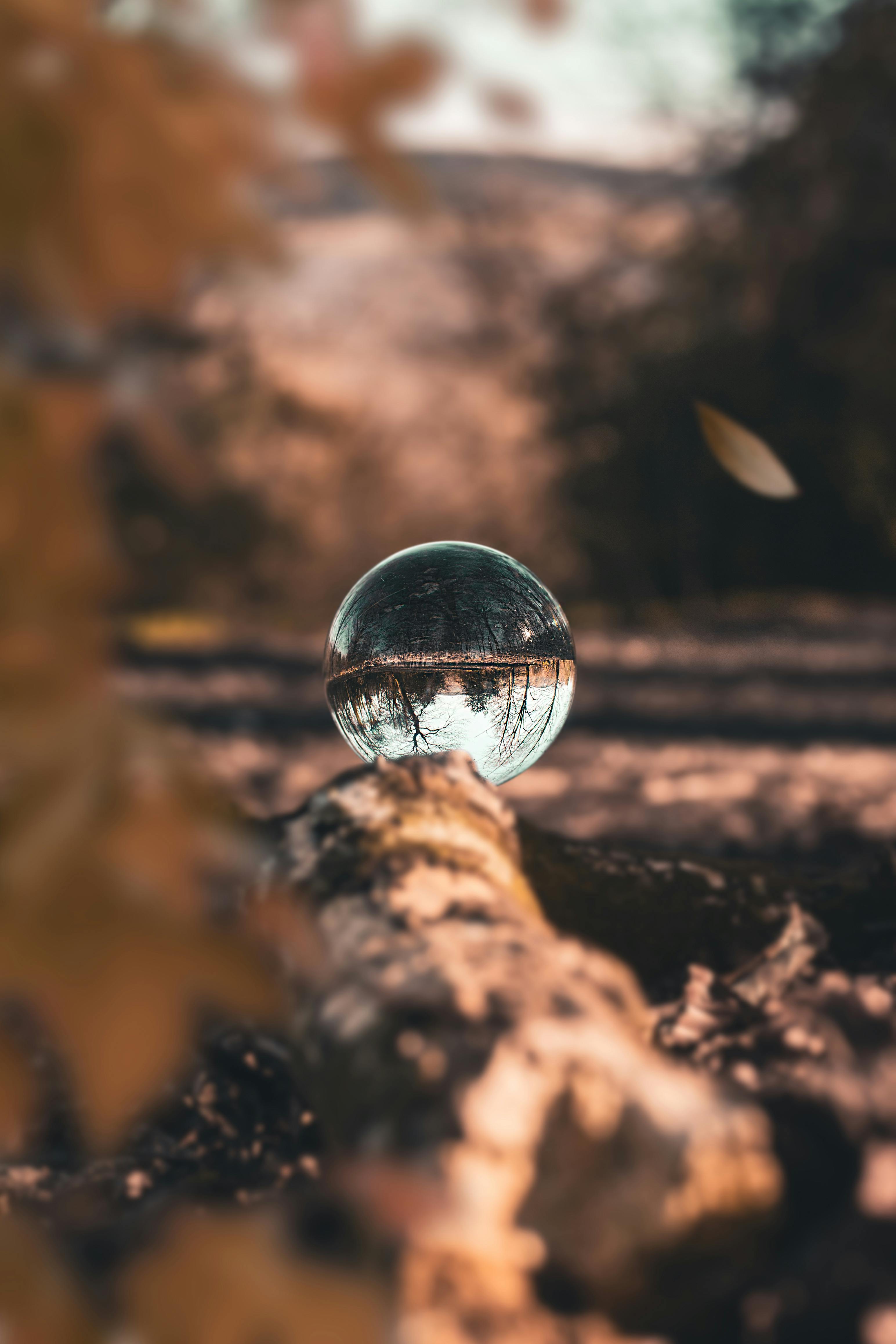Autumn. It's that time of the year where almost a sigh follows that word when we say it out loud. What makes things incredibly difficult is that autumn is just as equally beautiful as it is a heart ache in the gentlest way. Think about the early dusk that turns the world gold before it darkens. And the way we rush to our closets, wearing the sweaters we once ignored during the warmer months, to hold onto as we combat the faint chill from the morning air. It's quite apparent that autumn makes crave a deeper feeling like a pull from within that makes us desire that warmth, connection and meaning more than we did a month ago.
Every year, when the air turns crisp, many of us start to feel it: that familiar heaviness. It's not quite sadness, not quite nostalgia but something in between. Neuroscientists have a word for it: melancholy.
And upon investigation, it turns out, it’s not just in our heads.
The Chemistry of the Fall Ache
As the days shorten, our exposure to sunlight drops dramatically. That decrease in light disrupts the brain’s serotonin production, the chemical tied to mood and balance. “Light regulates everything from your energy to your sense of optimism,” says Dr. Norman Rosenthal, the psychiatrist who first coined the term Seasonal Affective Disorder.
When serotonin dips, the brain tries to compensate. It starts seeking other ways to regulate, reaching for dopamine (reward), oxytocin (connection) and endorphins (comfort). It’s why we crave closeness, why we text people we probably shouldn’t (oops), why candlelight suddenly feels like medicine (sigh).
We’re not falling apart. We’re recalibrating.
The Psychology of Longing
Psychologist Dr. Tim Lomas describes melancholy as a form of “beautiful sadness.” He suggests that it isn't depression. It’s a rush for a moment of reflection. A natural slowing down of the mind that allows emotional integration and meaning-making.
Fall invites that. It strips the noise, asks us to look inward and hands us a mirror. Both fortunately and unfortunately. “The brain uses melancholy as a form of emotional digestion,” Lomas writes. “It’s a process of metabolizing complexity — love, loss, impermanence — into wisdom.”
It’s no coincidence that this season makes us crave stories, old songs or people who once made us feel safe. Familiarity activates the brain’s reward prediction system, giving us tiny dopamine hits every time something reminds us of who we were and who we’re becoming again.
The Loneliness Reflex
Loneliness is often painted as weakness, but neuroscientists see it as a signal. A call to regulate.
According to Dr. Stephanie Cacioppo, director of the Brain Dynamics Lab at the University of Chicago, loneliness activates the same regions of the brain associated with physical pain. “It’s the body’s way of telling us something essential is missing,” she says. “Connection isn’t just emotional. It’s biological survival.”
And that’s the paradox: our brains crave closeness most during the seasons we tend to retreat.
Healing Through Ritual
At Matte Equation, we often say wellness begins where burnout ends. But perhaps healing begins where longing starts. The goal isn’t to eliminate melancholy. It’s to meet it. To understand that our bodies and brains are cyclical, that feeling deeply is part of emotional maintenance.
Science-backed rituals can help soothe the seasonal ache while honouring it:
-
Light therapy or morning sunlight: 10 minutes a day restores serotonin rhythm.
-
Movement as medicine: gentle walks or yoga boost dopamine and body awareness.
-
Touch therapy: hugs, massage, or even self-massage activate oxytocin release.
-
Ritual skincare: repetitive tactile actions signal the parasympathetic nervous system to relax.
-
Storytelling: journaling and reflective writing help convert abstract emotion into coherence, a process known as emotional labeling, which reduces amygdala activity.
While these may seem redundant in nature to suggest, we can no longer view them as just "wellness routines." Just as autumn makes it's way bacak into our lives, we need to look at these as modern survival strategies for the overstimulated.
The Gift of Melancholy
Now, that we've gotten here. What if we reframed the way we thought about autumn? Maybe this isn’t a season to fix. Rather, it's a moment in time to really feel. When the world slows, your brain is trying to teach you something ancient: how to sit in stillness, how to reconnect, how to listen inward.
Fall reminds us that life, and healing, both require letting go.
So when the light fades, and that familiar ache returns, don’t rush to escape it. Let it wash over you like the changing air. Let it teach you softness. Because sometimes, the longing is the medicine.

